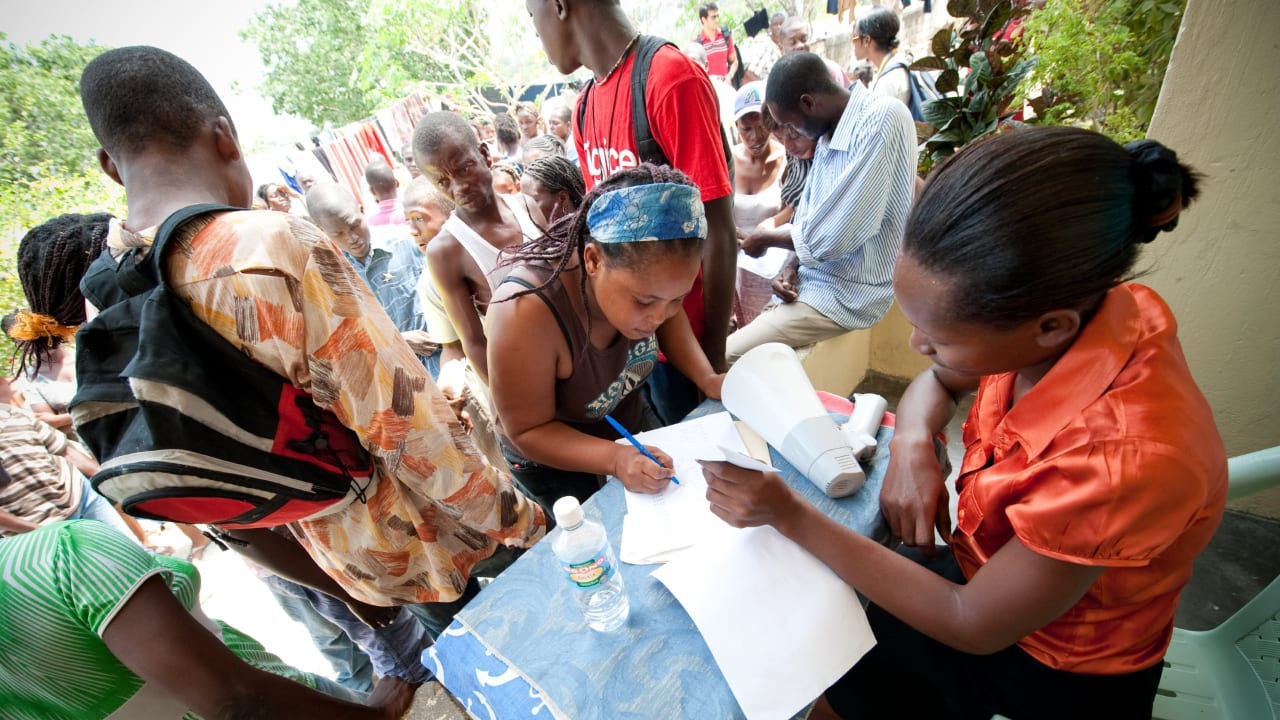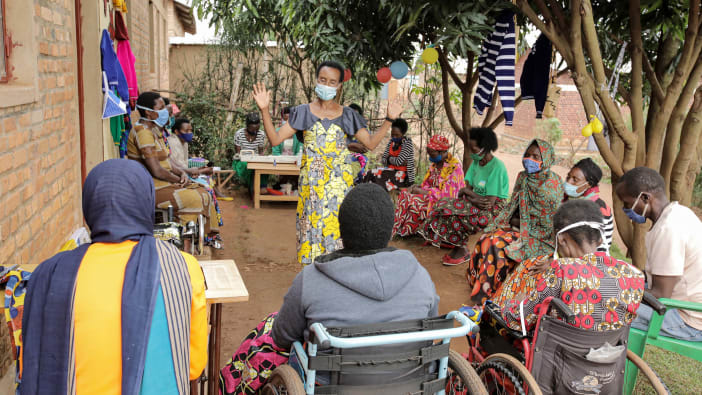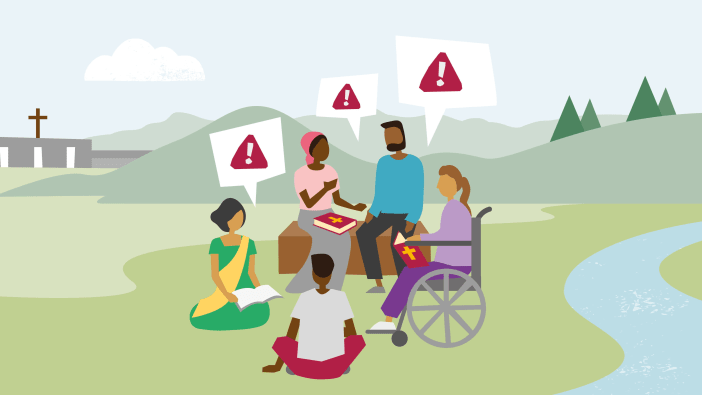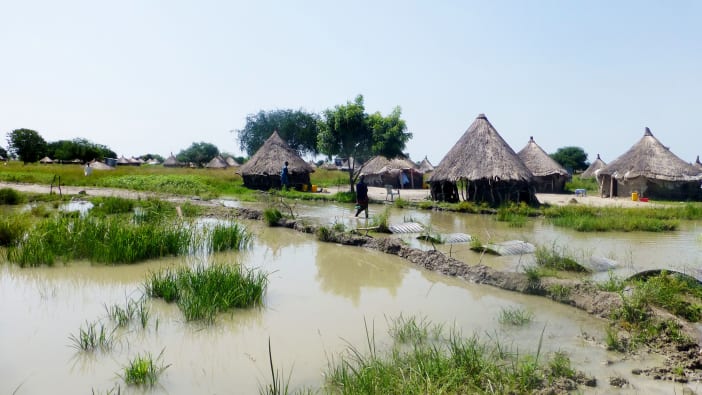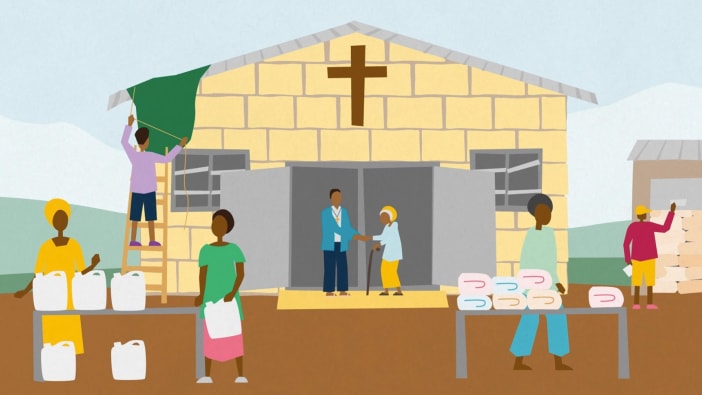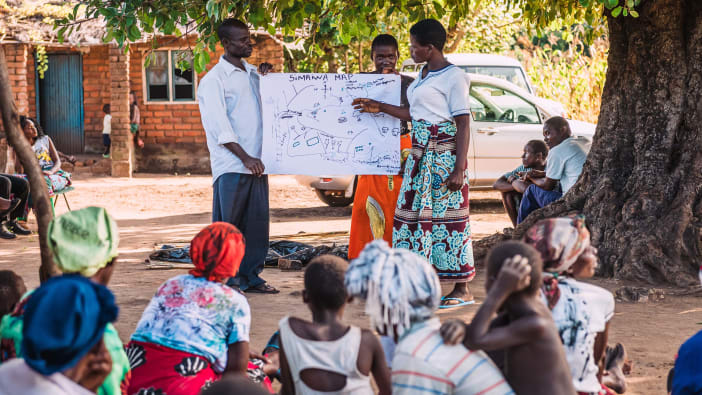Many churches exist in disaster-prone environments.
Some of those disasters occur suddenly, for example earthquakes and landslides, while others – for example prolonged drought – develop more slowly over weeks or months. Many disasters are weather-related, for example cyclones and floods, and there is evidence that these disaster types are becoming more frequent and more severe as climate change affects more parts of the world.
Sudden disasters require an immediate response, and the church is well positioned to provide this. It has its buildings, its land and its people – three most valuable resources. The church is also well equipped to help disaster survivors to cope with the emotional distress of losing family, friends and possessions. It can provide spiritual comfort, emotional support and hope for the future, irrespective of race, religion, gender or nationality.
Emergency response is not the only way of addressing disasters. Much can be done to prepare for natural hazards and to reduce their impact. This chapter explains the disaster cycle – the sequence of activities which usually follows one disaster (emergency response and rehabilitation) and leads on to mitigation and preparedness for the next. Biblical examples are given for each of these categories.


